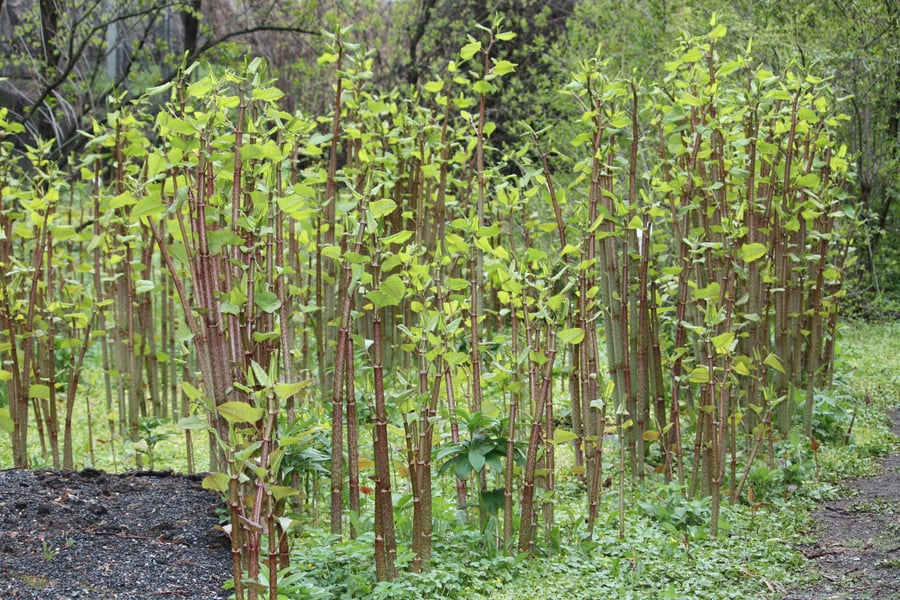Currently around 4.5% of properties re sold per year, meaning the sellers affected by knotweed will be forced to deal with the problem.

Strict mortgage lending criteria means Japanese Knotweed is likely to be under control by 2040, research by environmental consultant Environet UK found.
Currently around 4.5% of properties re sold per year, meaning the sellers affected by knotweed will be forced to deal with the problem.
Based on this rate of changing hands the majority of UK housing stock is set to have been sold within 22 years, meaning knotweed infestations should largely be dealt with by 2040.
Nic Seal, managing director of Environet, said: “The problem of Japanese knotweed has only been confronted by lenders in the last decade, meaning that firms are currently still dealing with a huge backlog of affected properties.
“However, the normal churn of around 4.5% of UK properties coming to market every year, means that by 2040, the vast majority of UK housing stock will have been sold at least once and any knotweed infestations should have been tackled.
“While new cases of knotweed will of course arise in that time, and knotweed will continue to encroach on our homes from public land, railways and road sides, the rapid spread of the weed across the UK will be under control by that point.”
Japanese knotweed costs UK homeowners and businesses around £166m every year in treatment costs and devaluation of property.
A Parliamentary Inquiry is currently underway by the Science and Technology Committee, to investigate the impact of the plant on the built environment and whether current mortgage lending decisions are based on sound scientific evidence.
Findings are set to be published early this year.



